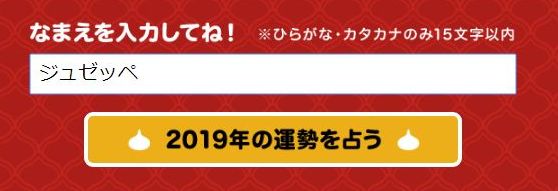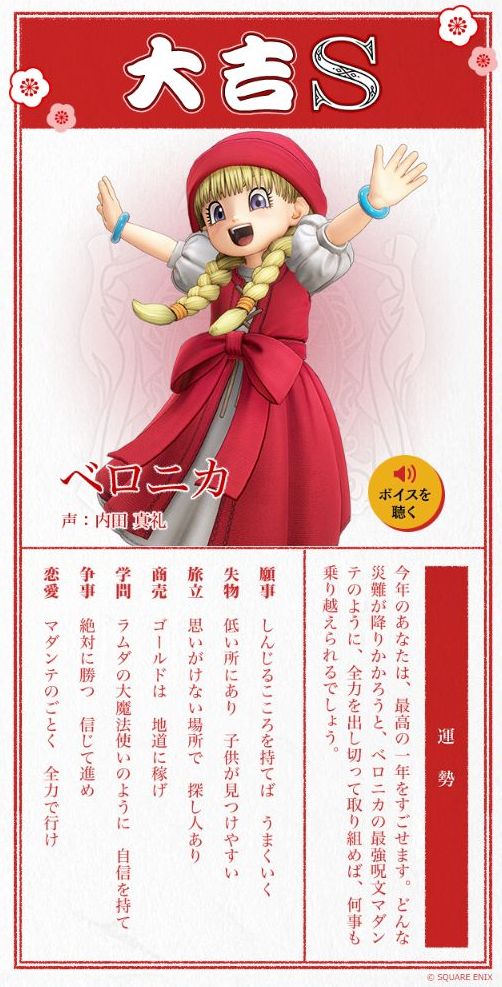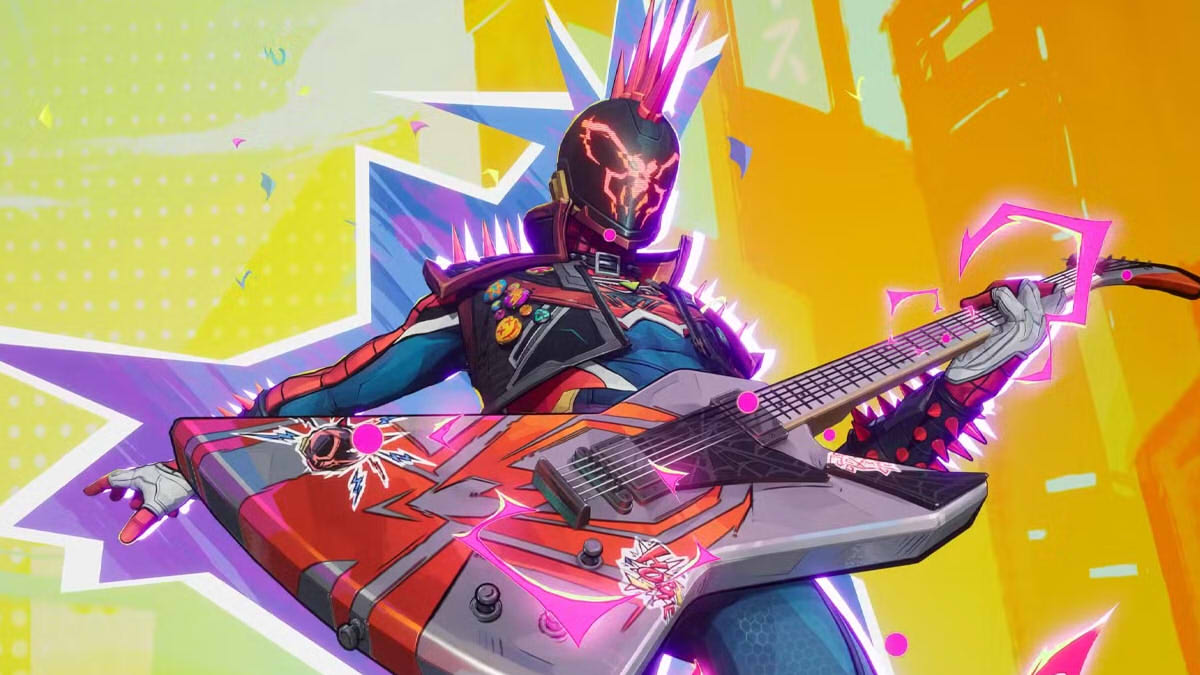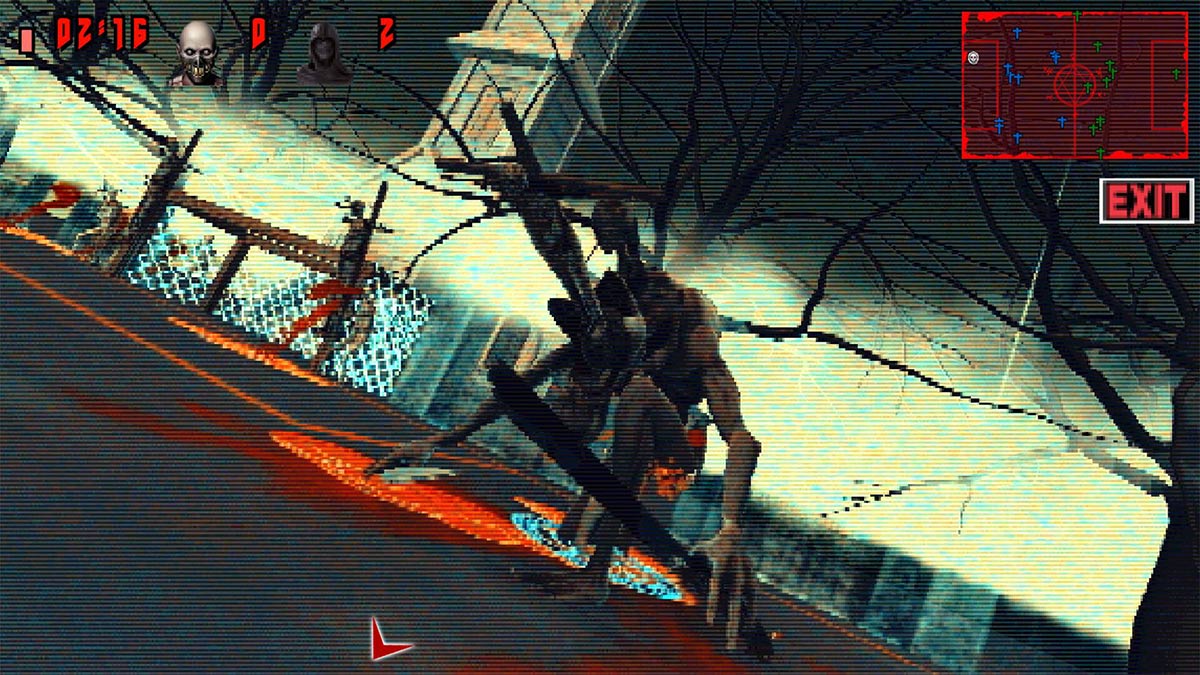Dragon Quest creator Yuji Hori promised a surprise related to Dragon Quest XI S for Nintendo Switch for the New Year, and this is likely it. Square Enix released a special site that can tell your fortune for the new year.
The website, which you can find here will provide you with the Dragon Quest XI version of a traditional Japanese “Omikuji” which is a prediction that can go from “Dai-Kichi” (Great Blessing) to “Day-Kyou” (Great Curse).
In Japan, it’s a beloved tradition to visit a Shinto shrine or a Buddhist temple on New Year and draw an Omikuji (usually for 100 yen. It’s a pretty profitable business at popular temples or shrines). The result is believed to set the tone for the whole year. Of course, not everyone is superstitious, especially in modern Japanese society, but people do it anyway out of habit and because it’s fun.
In order to draw your fortune, you have to insert your name in Katakana or Hiragana in the box as you can see below, and then press the yellow button.

Katakana is the syllabic alphabet used in Japan to transliterate foreign names, so you’re most likely going to use that. It’s actually very easy if you use this conversion site.
Once you receive your fortune, at the top in the red window you’ll see the overall result. Below you can find a list of the results from best to worst. Keep in mind that these are those available in a normal shrine or temple, and I have no idea if all of them are included in the site.
- 大吉S – Dai-Kichi S (Great Blessing S)
- 大吉 – Dai-Kichi (Great Blessing)
- 中吉- Chuu-Kichi (Medium Blessing)
- 小吉 – Shou-Kichi (Small Blessing)
- 吉 – Kichi (Blessing)
- 半吉 – Han-Kichi (Half Blessing)
- 末吉 – Sue-Kichi (Fading Blessing)
- 末小吉 – Sue-Shou-Kichi (Fading Small Blessing)
- 凶 – Kyou (Curse)
- 小凶 – Shou-Kyou (Small Curse)
- 半凶 – Han-Kyou (Half Curse)
- 末凶 – Sue-Kyou (Ending Curse)
- 大凶 – Dai-Kyou (Great curse)
Do keep in mind that Dai-Kichi S is a non-traditional best result inspired by Dragon Quest XI S. In traditional omikuji, Dai-Kichi is the best possible result. As an example, you can find a Dai-Kichi S result at the bottom of the post.
Each result can be associated with different characters, with slightly different meanings. For instance, my Dai-Kichi S with Veronica means “This year will be the best year. No matter what kind of calamity befalls you, if you do your best by working hard like Veronica’s best spells, you will be able to overcome anything.”
Each Omikuji also includes several sub-categories for things like love, study, business, wishes, and so forth. It’d be way too long to translate them all here, but it’s pretty easy to use the picture feature of the mobile google translator app to get a gist.
The button at the bottom left of the page (featuring the traditional Omikuji stick container) is to draw again if you feel like cheating. On the bottom right you’ll see a button with an origami-like folded paper. That’s to tweet your result. Incidentally, the text of the tweet will mention the results, and those are very easy to just copy and paste into google translator. They’re written in simple Japanese, so it does a pretty good job at translating them for you.
If you’re curious, the folded shape that is portrayed on that button represents tying the omikuji to a tree or the traditional rack available on a temple’s grounds. That’s a must to do when the result is bad (as the bad fortune just be left on the tree instead of attaching itself to you), while some believe that it also amplifies a good result.

The Switch version of Dragon Quest XI will come in 2019, and more information that has been promised for January. If you want to see more, you can also check out how Dragon Quest XI S stacks against the PS4 version in terms of graphics.
Dragon Quest XI is already available for PS4 and PC, and for 3DS only in Japan. Our readers voted it in 4th place as Game of the Year 2018.













Updated: Jan 21, 2019 01:08 pm